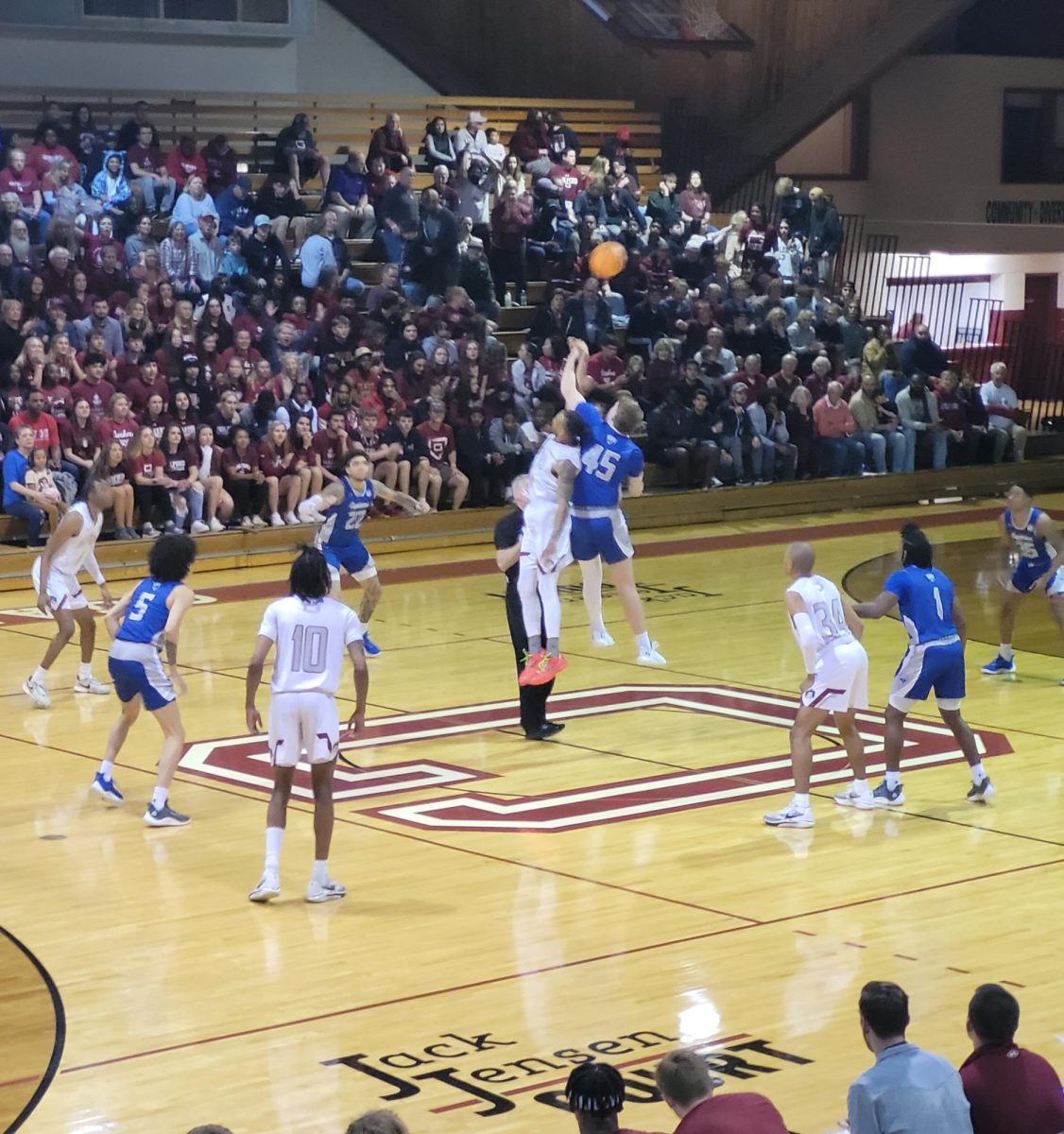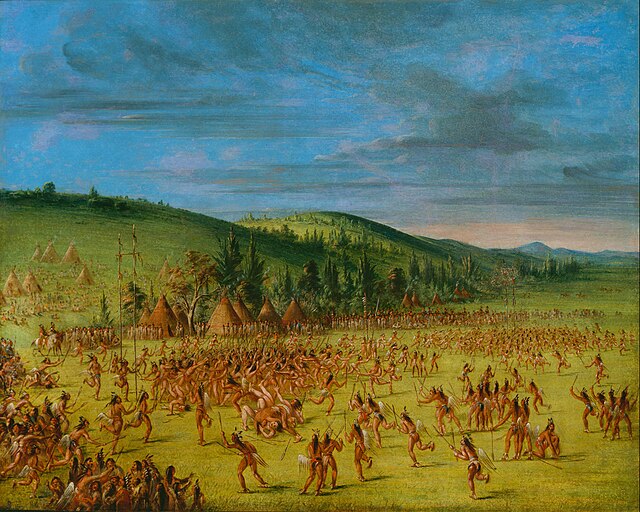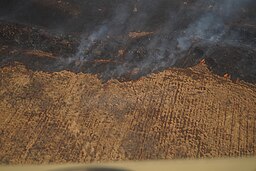Protests across Venezuela turned violent last week, resulting in at least 13 protestors dead and hundreds more injured.
Youth-led protests began peacefully in reaction to soaring crime rates and a debilitating inflation rate of 56 percent, currently the highest in the world.
Essentials such as milk and sugar are scarce, and the black market is thriving as the government has cracked down on foreign exchange policies in an effort to restore the bolívar fuerte, Venezuela’s currency, to original value.
“If you have a society that has no institutional channels to raise its complaints, make demands and form policy, the tradition in Venezuela and in Latin America — and I think throughout the world — is to take to the streets,” said Margarita López Maya, a historian in Caracas, Venezuela, who studies protest movements, to The New York Times.
As the nonviolent protests gained momentum and evolved into rowdy riots, the government took measures to strengthen its grip on the country. Over 500 protestors have been arrested, and Venezuelan military forces are now taking to the streets in hopes of reining in the protests.
Along with the physical violence playing out in cities across Venezuela, the government has stifled the majority of independent media outlets.
“It’s a huge detriment and almost an insult to the citizens of Venezuela, especially to the students who are protesting,” said sophomore Venezuelan Victoria Saraldi, whose father lives in Caracas. “Their basic rights to freedom of speech and freedom of expression have been pretty much abolished by the current ‘government.’”
Venezuela’s constitution expressly prohibits any form of censorship that would restrict a citizen’s freedom of expression. Yet, Freedom House reports that the Social Responsibility in Radio, Television, and Electronic Media Law of 2004 gives the government rights to ban any content that “incites or promotes hatred, disrespects authorities, encourages assassination or constitutes war propaganda.”
The Venezuelan reporters’ trade union reported that, as of Feb. 17, 11 journalists were arrested while covering the protests. Other journalists had their cameras smashed and were beaten away from the action.
As television channels are shut down and newspapers are forced to stop printing due to paper shortages, activists have taken to a safer alternative: social media.
“Privacy is dead,” said Robert Duncan, visiting assistant professor of political science. “Governments can no longer control information. The beauty of the digital age and electronics is that there are so many work-arounds, so many ways to penetrate the information.”
While the Venezuelan government struggles to limit access to this information, it also blames the Obama administration for supporting anti-government sentiment throughout the nation, although U.S. officials have issued several press releases denying any involvement.
“I don’t think we are actively involved,” said Duncan, also a former CIA employee. “And if we are, it is in covert actions. It’s secret, so (the public) wouldn’t know of it anyway.”
Venezuelan authorities demanded that three U.S. diplomats leave the country on Feb. 17 for campaigning on behalf of the protestors.
International speculation continues as these protests soldier on and people around the world show their support for activists in Venezuela through social media. Trending now: #SOSVenezuela and #PrayforVenezuela.












